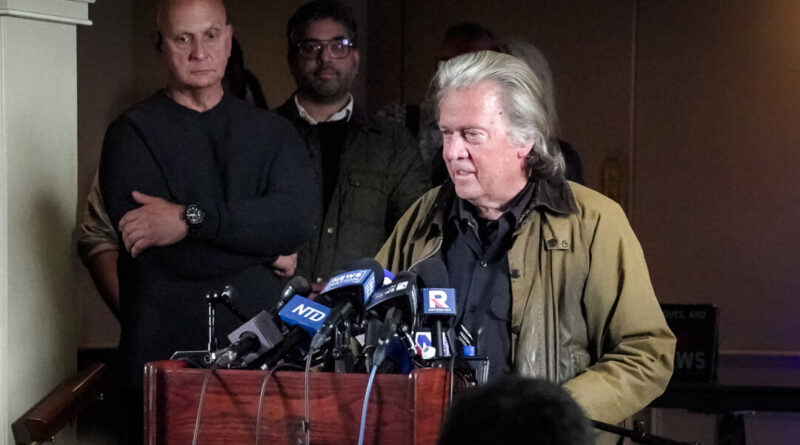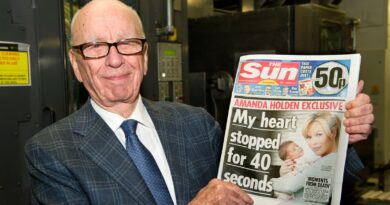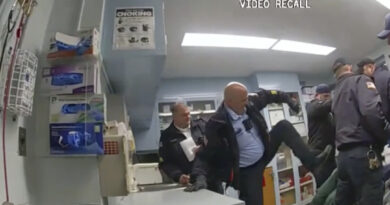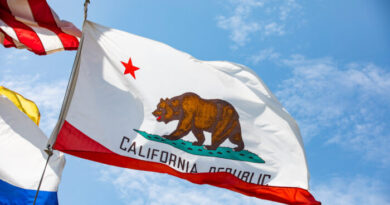Trial for Steve Bannon in Border Wall Case Postponed to February
A judge in a lower Manhattan courtroom expressed that due to many procedural necessities in the high-profile case, postponing jury selection is inevitable.
NEW YORK—Following a brief hearing in a state courtroom in lower Manhattan, Judge April Neubauer made the decision to delay former Trump adviser Steven Bannon’s trial, which was originally scheduled to commence on Dec. 9, until February 2025.
He is facing charges of defrauding investors in a scheme to fund the construction of a wall on the U.S. southern border.
After listening to arguments from both government and defense attorneys in the New York City courtroom, the judge concluded that additional time was necessary for hearings concerning the admissibility of various pieces of evidence.
The judge specified that jury selection could occur in February at the earliest, and directly asked Bannon, who was not physically present but attended the hearing remotely via a courtroom screen, if he understood that he needed to be in the courtroom on Feb. 25, 2025.
“Yes, your honor,” replied Bannon.
He has pleaded not guilty to charges that include conspiracy and money laundering in the case.
The decision came after Assistant District Attorney Jeffrey Levinson presented a diagram to the court and attempted to illustrate the workings of an alleged elaborate scheme involving a GoFundMe site created to gather funds for erecting a section of the border wall.
In court, Levinson contended that the fraudulent nature of the scheme was evident to Bannon from the outset, citing an email in which Bannon questioned Kolfage’s plans, “Isn’t this a scam?”
The prosecutor also quoted Bannon expressing doubts in an email, “You can’t build a wall for this much money” and opined that disadvantaged Americans should not contribute their money to such an impractical venture.
Levinson argued that despite this, Bannon willingly participated and even utilized his personal finances to establish an advisory committee to aid in the supposed border wall funding initiative.
Levinson also asserted that Bannon helped conceal the fact that Kolfage was profiting from donations channeled through We Build the Wall.
“His change of heart stemmed from his belief that he could profit more from his organization, as he was convinced he could leverage publicity from the [Trump] campaign and a mailing list he had amassed to raise millions of dollars,” Levinson stated.
Both government and defense attorneys engaged in extensive debate regarding the admissibility of financial records demonstrating that parties associated with We Build the Wall had accumulated significant credit card debt. The prosecution argued that presenting such records in court would not bias the jury.
Bannon’s defense attorney, John Carman, contended that jurors examining records of debts to American Express and numerous credit card payments over an extended period might question the legitimacy and legality of the transactions, introducing prejudice.
Carman argued that records of credit card payments by We Build the Wall to American Express and other credit card companies were irrelevant.
“Are they inflammatory? Probably not. They’re being presented in an effort to be inflammatory,” Carman expressed.
The individuals involved in the border wall plan had what he deemed a fairly typical business agreement, he stated.
“It was an agreement of payment for services,” Carman conveyed, stating that Levinson’s presentation should have clarified that there was nothing unlawful about the payments in question.
“Ultimately, introducing credit card bills to a jury in a case like this, what does it achieve? What will they think? ‘That’s a substantial Amex bill, I wonder if these are all legitimate expenses,’” he said.





